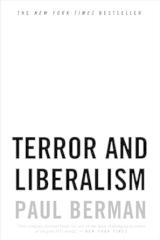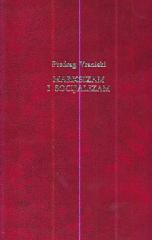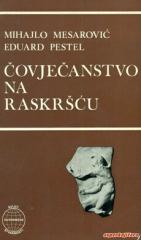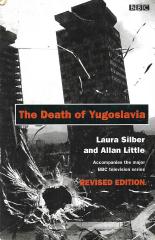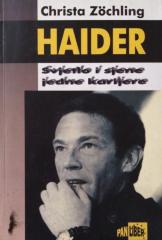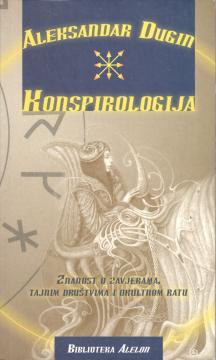
Konspirologija: Znanost o zavjerama, tajnim društvima i okultnom ratu
The work explores conspiracy theories, secret societies, and occult forces in history, seen through the prism of traditionalism and geopolitics. The book has three parts: Conspiracy Paradigms, Secret Societies, and Occult Wars, and the Geopolitical Confli
Dugin does not dismiss conspiracy theories as marginal, but sees them as key to understanding the "metaphysics of history," the spiritual and political processes that shape civilizations. In the first part, Dugin analyzes conspiracy models, including Freemasons, banking elites and the "New World Order", connecting them to the traditionalist ideas of Rene Guenon.
The second part explores secret societies, such as the synarchy of Saint-Yves d'Alvedra, and occult influences on historical events, with references to Miguel Seran and Jean Parvulesco. The third part, the most significant, focuses on the geopolitical conflict between Atlanticists (Western, materialistic forces) and Eurasians (traditionalist, spiritual forces).
Dugin analyzes the roles of the KGB, the GRU, Khrushchev, Gorbachev and perestroika, arguing that the USSR was the scene of conflict between these forces. The book is erudite, but controversial due to its speculative nature and Dugin's biased Eurasian worldview.
One copy is available
